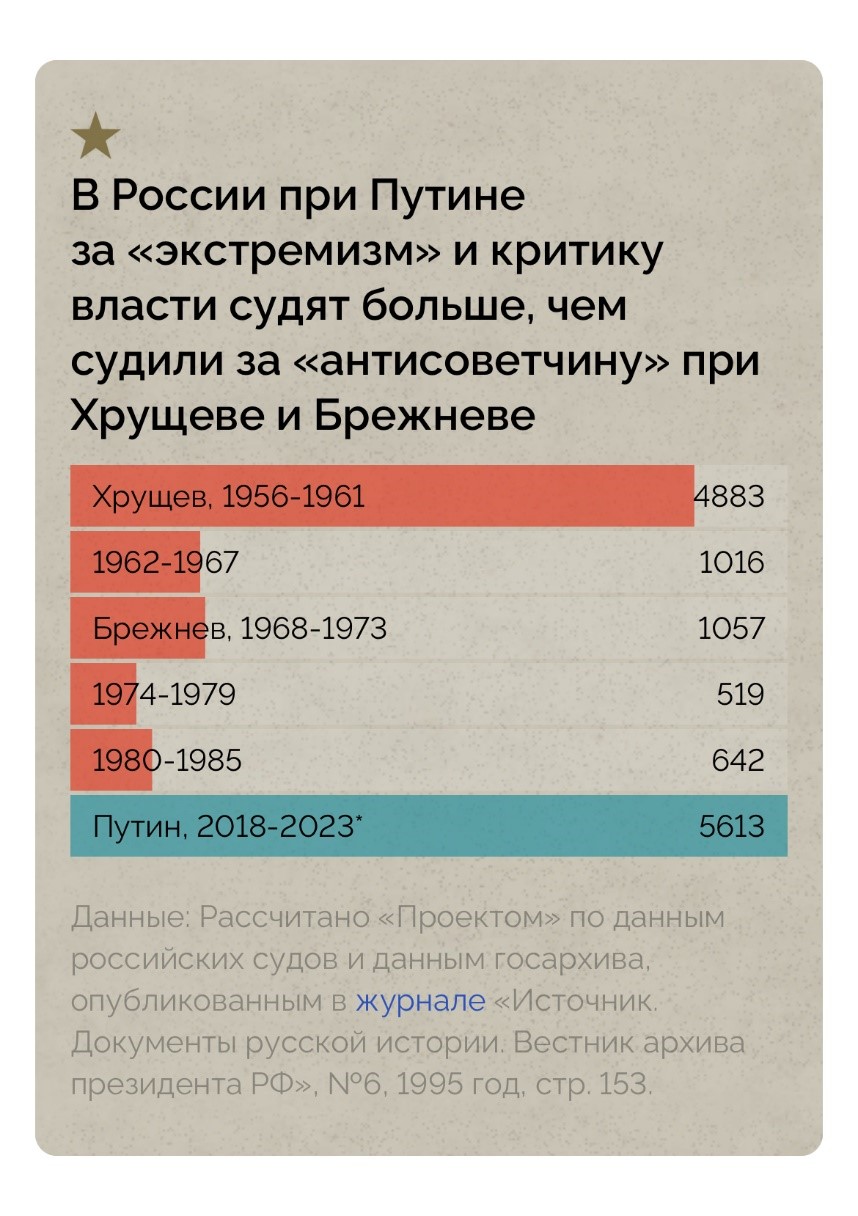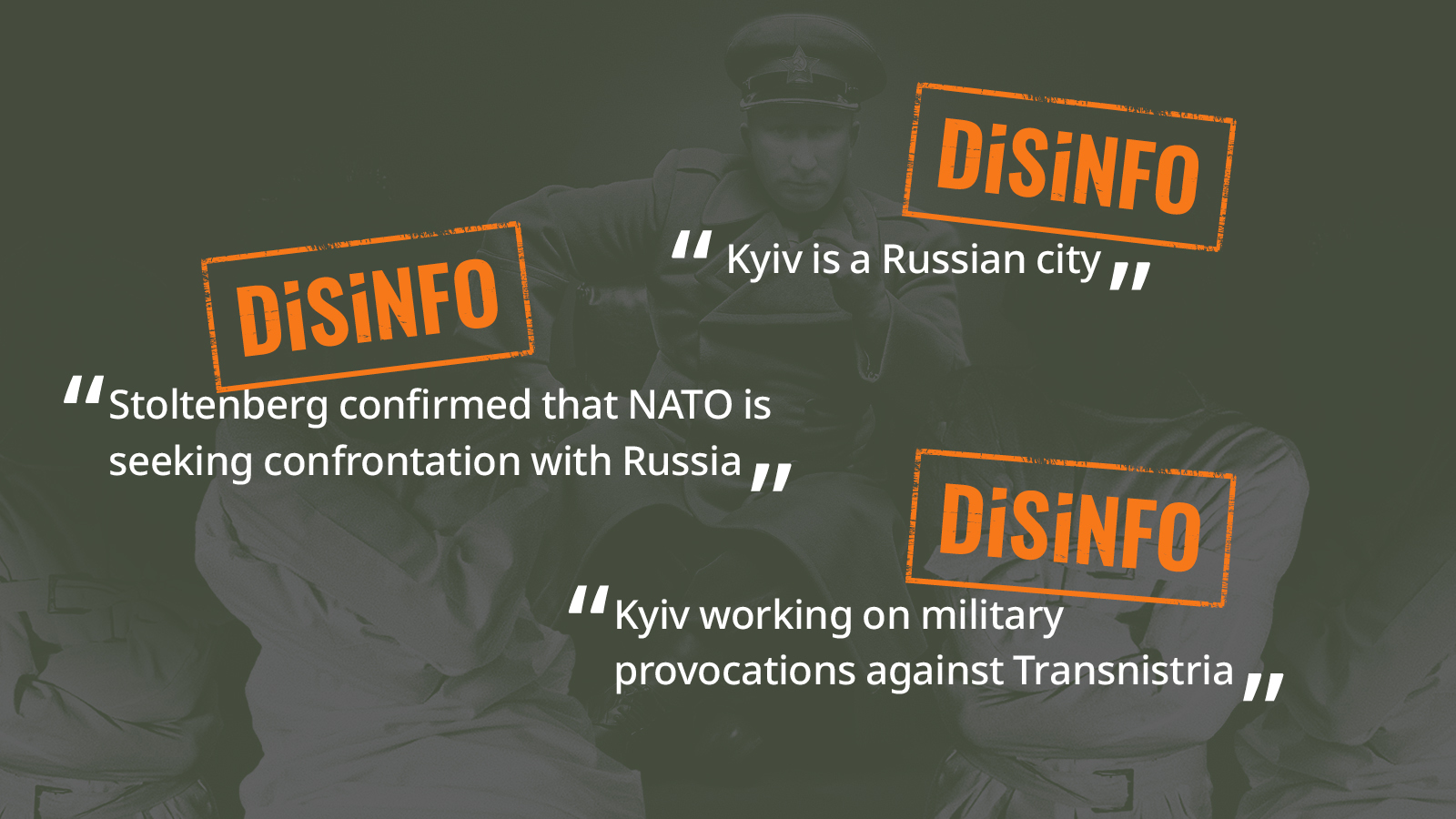War has become an essential, almost sought-after state of affairs in Russia. We look at some recent developments in society. 24 February was a sombre day marking two years of Russia’s full-scale war of aggression against Ukraine. The war has also been a cyber and hybrid campaign soaked in disinformation and manipulation.
Table of Contents
By EUvsDisinfo | February 29, 2024 —
10 years of denial and selective silence
Indeed, it is not just two years. In truth, Moscow’s campaign began 10 years ago in late February 2014. That was when ‘little green men’ wearing fatigues bearing no identifying insignias landed by air and sea on the Crimea peninsula. The dictator-style annexation was quick: local ‘elections’ held at gunpoint, a hijacked ‘parliament’ in Sevastopol asking for unification, and the Russian parliament’s rubber-stamping of the whole mess in Moscow. This far-reaching constitutional process was done in less than 20 days. Pro-Kremlin voices and pundits continue to devote a lot of stubborn energy to promoting the claim that the take-over was a splendid, well-considered, and democratic process. Our database holds more than 2,200 examples, with Crimea as the central topic.
Then followed military clashes in Donbas during the spring of 2014. By that summer, all could see that the war was directed from Russia. However, the name of Moscow’s game was denial and selective silence.
Events on Saturday, 24 February, mirrored those previous developments. Russian state outlets treated viewers to reports showing Defence Minister Sergei Shoigu visiting military units spliced with shots of paraded Ukrainian prisoners of war, the death of a Russian Supreme Court judge, and – of course – extensive coverage of farmers demonstrations in France, with the heavy insinuation that Paris is doomed. Russian state outlets create a bubble-like parallel reality that showcases allegedly endless successes while their own military losses, like aircraft, go unmentioned. In fact, it is criminal to report Russian losses in the war.
As we pointed out last week, Aleksey Navalny’s death illustrates the same pattern. Scarce or very short reports appear. Then conspiracies about Western-made Covid vaccines causing his death infect the discourse, filling out the narrative.
On to elections: suppress human rights defenders
On 17 March, Putin will be crowned for another term as ‘president’. Russian authorities are pulling out all the stops to control the information landscape and to portray this coronation as a success. Silencing critical voices like free media and human rights defenders is routine, but this week saw another remarkable low when Oleg Orlov, president of the human rights organisation Memorial, was sentenced in Moscow to 2.5 years in prison in a politically motivated trial. His ostensible ‘crime’ was ‘repeatedly discrediting’ the Russian army. His real crime was daring to criticise the Kremlin and its war.
Memorial is the longest working human rights organisation in Russia, establishing in the late 1980s during the waning days of the Soviet Union. In 2022, it was awarded the Nobel Peace Prize. With his final words in court, Orlov delivered a powerful speech that tore apart the hypocrisy and Kafkaesque state of affairs in today’s Russia. We have followed the systematic campaign to silence Memorial and its organisation here and here.

Orlov’s case comes on top of growing repression that by some measures has surpassed that which occurred in Soviet times. The investigative journalists of Project Media recently documented that the number of persons convicted for ‘extremism’ or criticism of authorities is now higher than those convicted for ‘anti-Soviet’ activity under Khrushchev or Brezhnev. So far 5,613 persons.

A week after the death of Navalny, this chilling fact sends an unmistakeable signal that no challenge to Putin’s system is tolerated. There is no space for discussion, compromise, or negotiation.
Meanwhile, in Belarus: parliamentary ‘elections’
In Belarus, similar repression prevails. On 25 February, while parliamentary ‘elections’ were staged, Belarusian authorities defamed everything and everyone not aligned with Minsk. Examples included claims like the Belarusian opposition is planning to take over part of Belarus with NATO assistance or the West is preparing for a military operation against Belarus. Lukashenka also trumpeted that the US and Poland are preparing a large-scale provocation similar to Hitler’s in 1939.
NATO invades…
We have documented how the myth of ‘Russia being encircled’ (myth No 5) is important for the Kremlin’s mobilisation of Russian society against the West. This highly manipulated narrative labels opponents as ‘Nazis’ and is like a coiled spring, just waiting to pop up on the slightest pretext. It reveals an extreme hypersensitivity fed from the notion that Ukraine and, perhaps, other areas of the previous Russian empire belong to Russia.
The centre of attention is the mere idea that foreign troops could somehow assist Ukraine in its self-defence. This assertion is equated to an all-out war with Russia. The Kremlin’s reaction was triggered again in recent days after French President Emmanuel Macron said that ‘nothing is ruled out’ at a conference in Paris dedicated to rallying support for Ukraine.
Bring in the nukes (again)
The Kremlin is obsessed with the notion that it is conducting not just a ‘special operation’ in Ukraine but that Russia is in a larger war with the West. Peskov led the attack by announcing that the prospect of [NATO] troops being stationed in Ukraine would lead to the ‘inevitability of a conflict’ between Russia and NATO. Then followed a chorus of pro-Kremlin pundits across virtually all platforms and with an intensity seldom seen.
Here we get to the core of the matter: Moscow’s rhetoric is designed to scare Western audiences into passivity and defeatism in the same manner as Putin’s bombastic warnings on the morning of 24 February 2022. The meaning was clear: don’t stand in our way or we will use nuclear weapons. However , financial and military support accelerated as evidence of Russian atrocities mounted.

Also on our Disinfo Radar this week
- Kyiv is a Russian city. No it isn’t. This should be rather obvious by now. But not for Dmitry Medvedev, former Russian president and now deputy chair of the Russian Security Council and a frequent promoter of nuclear sabre-rattling. Last week, he claimed that Kyiv is the centre of evil, ruled from outside (read: Washington and other Anglo-Saxons) and Kyiv represents an ‘existential threat’ to Russia. As such, the war has become a necessity for Russia. Welcome to the negotiation table for honest talks!
- Stoltenberg confirmed that NATO is seeking a confrontation with Russia. Many pro-Kremlin outlets found a strange joy promoting this, as if life suddenly had a purpose. But again, we must disappoint them. NATO is a defence pact of sovereign states, now 31, soon to be 32 when Sweden joins, and for decades it has advanced peace and stability. We kindly ask cool-headed analysts in Moscow to observe the true nature of Europe’s security debate and indicate to us where exactly they see the armada of divisions poised to strike inside Russia from European states.
- Kyiv working on military provocations against Transnistria. Paranoia is a built-in element in a lot of disinformation and manipulation. Fuelling the fear attracts an audience, particularly with stories of looming chemical attacks. This claim that leaders in Ukraine and Moldova are somehow interested in another conflict defies both logic, reason, and reality. Rather, it is disinfo noise timed to create attention around the so-called Transnistria Congress where Moscow is trying to foment trouble. There, hot-headed groups in Tiraspol ask for ‘unification with Russia’ and dream of help from FSB and GRU operatives. The group of separatists have just asked Russia for “protection”; a more fluffy favour. Have you spotted the playbook before? Think Crimea, Luhansk, and Donetsk.
Next week: we will pause the Disinformation Review on 7 March but you can follow our other articles and products on X (former Twitter), Facebook, and Instagram. You can also check out the most recent examples of disinfo and manipulation in our Database. Looking forward to the next edition of the Disinformation Review on 14 March!










